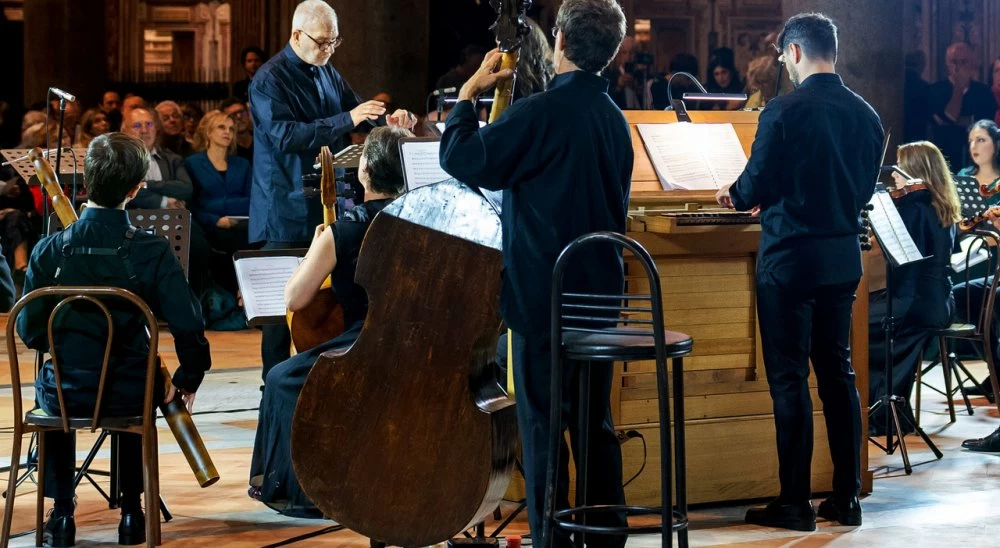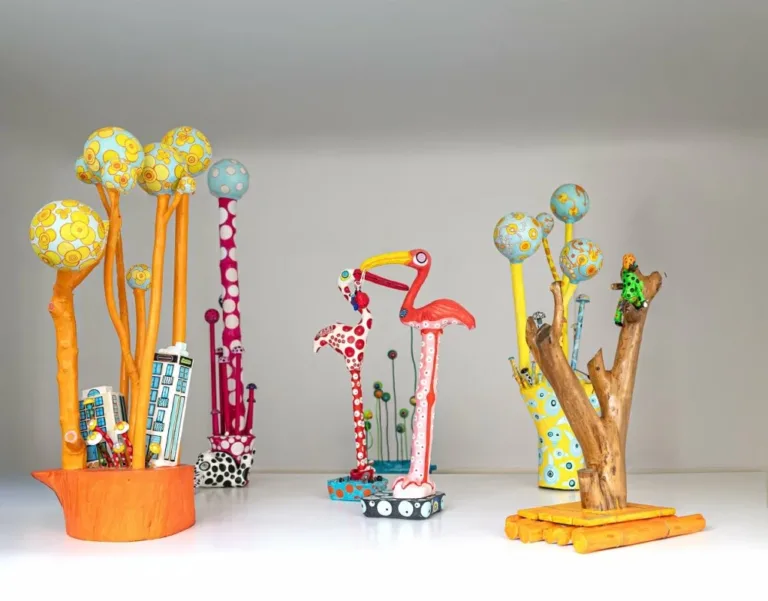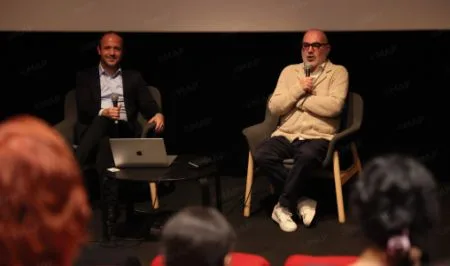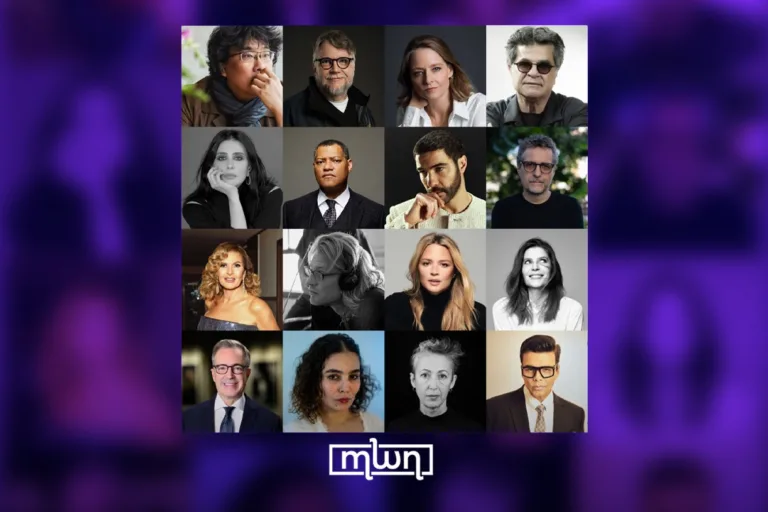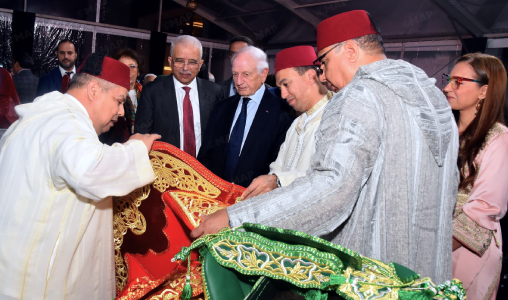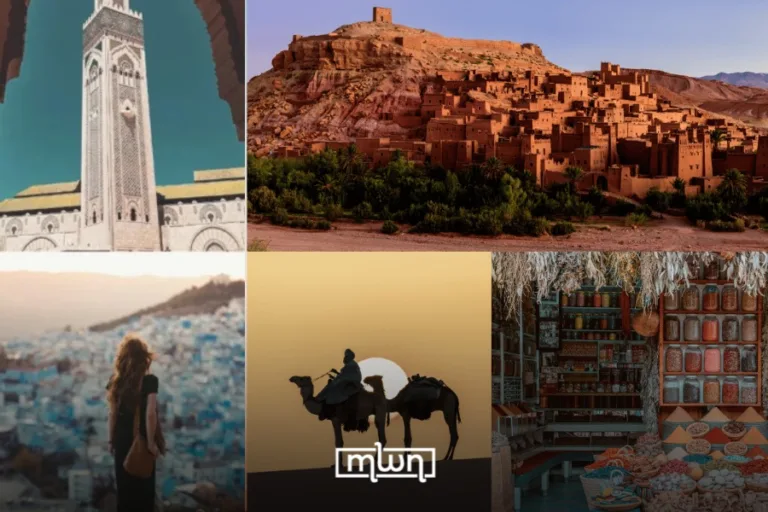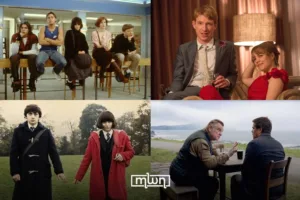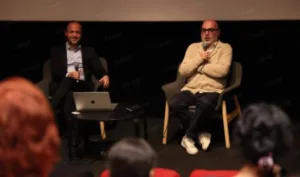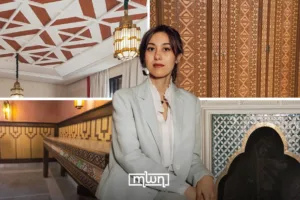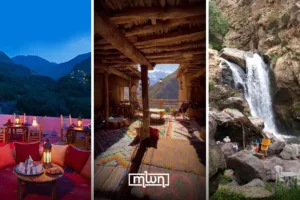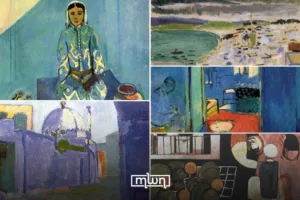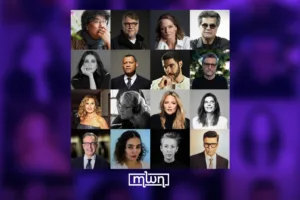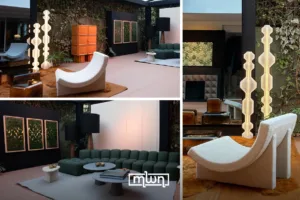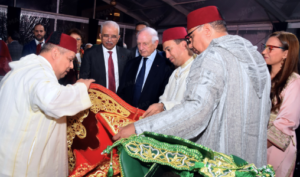Fez – On Friday evening, the Palais des Institutions Italiennes in Tangier resonated with the rich tones of Neapolitan music in a special concert honouring the 2,500‑year history of Naples. The event highlighted the depth of cultural exchange between Morocco and Italy.
Titled “Il Suoni di Partenope approdano a Tangeri,” the concert was staged by the Accademia di Santa Sofia chamber orchestra under the direction of violinist Riccardo Zamuner. Starting in the historic Italian cultural institution, the program took the audience through works by classic Neapolitan composers such as Giovanni Battista Pergolesi, Alessandro Scarlatti, Francesco Durante and Giovanni Paisiello.
According to organizers, this was the first time the Italian Embassy and the Moroccan Italian Cultural Institute held such a collaboration in the Tangier venue. Ambassador Pasquale Salzano described it as a symbolic act reinforcing the longstanding friendship and cultural cooperation between Morocco and Italy.
The director of the Italian Cultural Institute in Rabat, Carmela Callea, emphasised that the choice of Tangier was deliberate: the city shares a Mediterranean openness and historic cosmopolitanism comparable to Naples. She said the concert formed part of a broader series marking the ancient origins of Naples and its cultural reach.
Reception from the audience was enthusiastic: the refined performance, the venue’s historic ambiance and the intercultural framing all combined to make the evening more than a concert — it was a gesture of cultural diplomacy and shared heritage.
For Morocco, hosting such events underlines its role as a hub of Mediterranean exchange and highlights the vitality of its artistic‑cultural sectors. The emphasis on Italian‑Moroccan cooperation also signals a commitment to expanding and deepening soft‑power ties and tourism collaborations.
Meanwhile, for Italy and the Italian community in Morocco, the event served as a celebration of Neapolitan musical legacy and its ability to travel across borders and speak fluently to foreign audiences via the universal language of music.

